‘Daytime Revolution’: When John & Yoko Changed American TV—Review
by Amy McGrath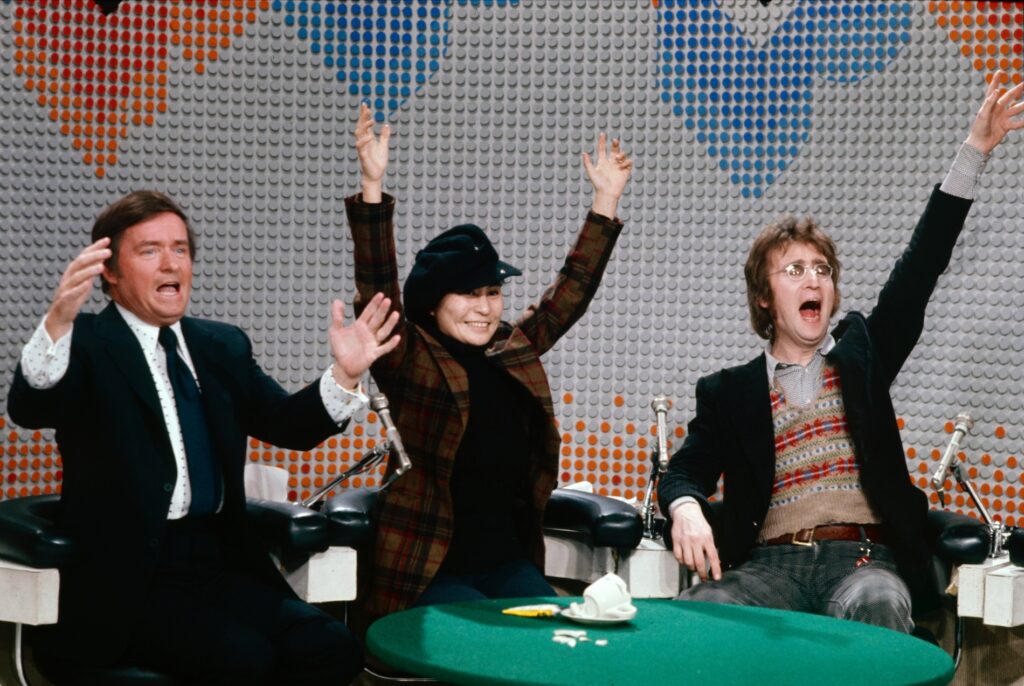
Mike Douglas, Yoko Ono and John Lennon in a scene from Daytime Revolution (Photo © Michael Leshnov; used with permission)
For one week in February 1972, John Lennon and Yoko Ono co-hosted The Mike Douglas Show for what turned out to be not only a watershed moment in television, but a hugely iconic appearance that gave insight into how a daily variety program could make radical and groundbreaking viewing.
The preface for this had been the Lennons’ absorption of the U.S. political atmosphere in 1971. Arriving in New York City in August, they quickly became entrenched in what was colloquially termed the radical left. Settling into a creative arts scene brimming with tension, the Lennons joined forces with several outspoken figures, including activists Jerry Rubin and Abbie Hoffman.
Directed by Erik Nelson (Apocalypse ‘45), Daytime Revolution begins with a clip of the Lennons and Hoffman performing “Attica State” at the Apollo Theater in December 1971. This followed the September riots at the upstate New York prison that resulted in the deaths of 43 men, including prisoners, correctional officers and employees. The question of how they could further their views was answered by the host of America’s most watched daytime television show.
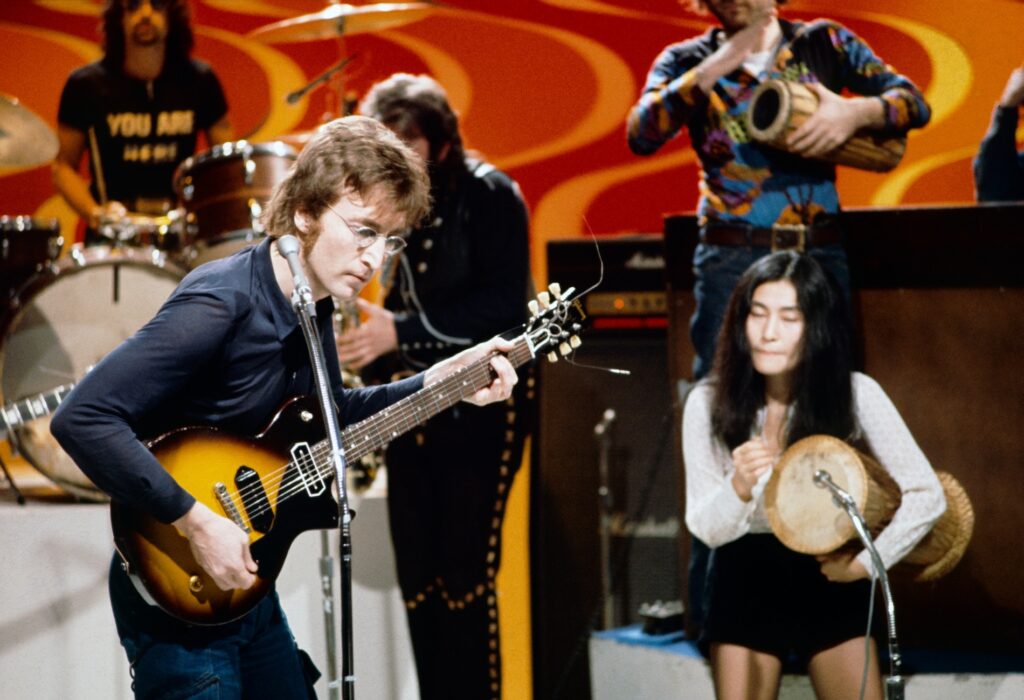
Taped the previous week, the shows from February 14-18 would feel left-of-center, but as the film reveals, the guests who were called upon by the Lennons (who were also credited as producers) were part of a broad and diverse community. In contemporary interviews, nearly everyone who was contacted believed it was all a prank, invitations not be believed. But it was the “agenda,” no matter how esoteric, how outside the box, and the importance to be seen to middle America that drove the invited to share the stage with their hosts.
The documentary is not a straight-up montage of no-context clips from the week’s shows. For that, you might as well go to YouTube and revel in the lo-fi transfers and snarky comments about Ono. What can be gleaned and appreciated is the undeniable eclecticism of guests, hand-picked by the Lennons, showcasing political, cultural and musical touchpoints that weren’t readily accessible to a mainstream audience in the early ‘70s.
One of the many pleasures of Daytime Revolution is seeing the guests watching themselves back then, with helpful commentary from E.V. Di Massa, the show’s Associate Producer. Tony Award nominee Vivian Reed laughs at her 24-year-old self, exclaiming, “Look at that dress! And we’re not gonna talk about that hair!” As amusing as her recollection, the film goes back and forth from the week’s news broadcasts, focusing heavily on the war in Vietnam, the divisive candidate rhetoric during its earliest stages that would lead up to the presidential election, and the sharp contrast but nonetheless relevant viewpoints for what the Lennons were showcasing during the week.
Related: When John & Yoko helped out Jerry Lewis
Day one was a feeling around for Douglas and the Lennons, getting comfortable and discussing where they were headed. Di Massa reveals that Lennon loved the cozy 140-seat environment, which reminded him of the Cavern Club in Liverpool, as the show was filmed in the basement at the WRCV/KYW building in downtown Philadelphia. The live audience was a mixture of demographics, however the at-home viewers, as correctly noted by folk singer Nobuko Miyamoto and macrobiotic chef Hillary Redleaf, were pretty much housewives. “People [who] were at home wanted to be entertained,” Redleaf says. “So, I really didn’t have a clue that they were having all these countercultural figures [on].”
A relaxed Douglas, already on the air for 11 years, put the Lennons at ease as the week went on, engaging in genuine curiosity about their off-camera lives. Lennon answered honestly about his relations with the other Beatles (“We’re not all at each other’s throats. I talk to Paul about once a week”) and being raised by his strict Aunt Mimi. Ono in particular showed a side that was little evidenced prior to these encounters: an articulate, highly intelligent and thought-provoking conversationalist who was allowed a platform to acknowledge what in time would be called ‘the feminist viewpoint.’
Social activist and controversial figure Jerry Rubin, with a penchant for disruptive behavior and political views diametrically opposite Douglas, provided intense discussion of the kind not seen at that time of day on national television. And Rubin sounded prophetic when stating, “I have tremendous faith in this country. The children of America wanna change the country and are going to change it.”
The highlight of the documentary, if not for historical purposes, was the performance of Chuck Berry. Resplendent in white flare pants and a purple fringe shirt, the meeting with the admittedly starstruck Lennon beforehand was, according to everyone present, warm and cordial. However, the electrified rendition (backed by Elephant’s Memory, Ono and Rubin) of Berry’s “Memphis, Tennessee” could have only happened in that time under those circumstances.
Redleaf was charming and nervous in the cooking segment, avant-garde musician David Rosenboom was mesmerizing with his keyboard and biometric feedback demonstration and Reed was sumptuous and jaw-dropping with her operatic vocals. Bobby Seale, serious and straightforward even as Douglas mentioned that the Black Panther Party leader had started in stand-up (!), emphasized the positive over the negative, narrating a clip of a food distribution. And Lennon rendered his version of “Imagine” as expertly and as innocently as one would expect.
Watch John and Chuck Berry perform together on The Mike Douglas Show
The frame of the show had always been about variety, but as Di Massa says, only those guests and the forum for discussion—comedian George Carlin seated with Harvard Associate Professor/biofeedback researcher Gary Schwartz—could make for provocative and stimulating television in an otherwise bland, stereotypical television landscape.
As is well known, after the election the Nixon administration harassed the Lennons in an attempt to silence their generational influence and deport Lennon from the U.S. on a minor drug offense. However, the couple fought back against very tough odds and won their case, which with no small point of irony was achieved in 1975 after Nixon resigned from the presidency in disgrace.
Daytime Revolution is not the trumpeting call-to-arms that a viewer might expect, nor is it a stream of hippy-dippy, off-the-cuff clips that exploits the heritage of that time period. As the end credits roll, audience members pose questions to the Lennons, with one young woman asking in lieu of joining a demonstration, what she can do to help make a difference.
“All we can do is help one person,” Ono responds. “That’s all you have to do. If everybody convinced one person, the whole world would be convinced. It’s that simple.”
Daytime Revolution premiered at the Hamptons International Film Festival, October 5-6, 2024, followed by its theatrical release. [It’s available on DVD and Blu-ray in the U.S. here.] Yoko Ono and Sean Ono Lennon served as creative consultants on the film.
Watch the official trailer for Daytime Revolution
Yoko Ono was the subject of a 2025 “intimate and revelatory” biography. Yoko: The Biography, from author David Sheff, and via Simon and Schuster, is available in the U.S. here and in the U.K. here.

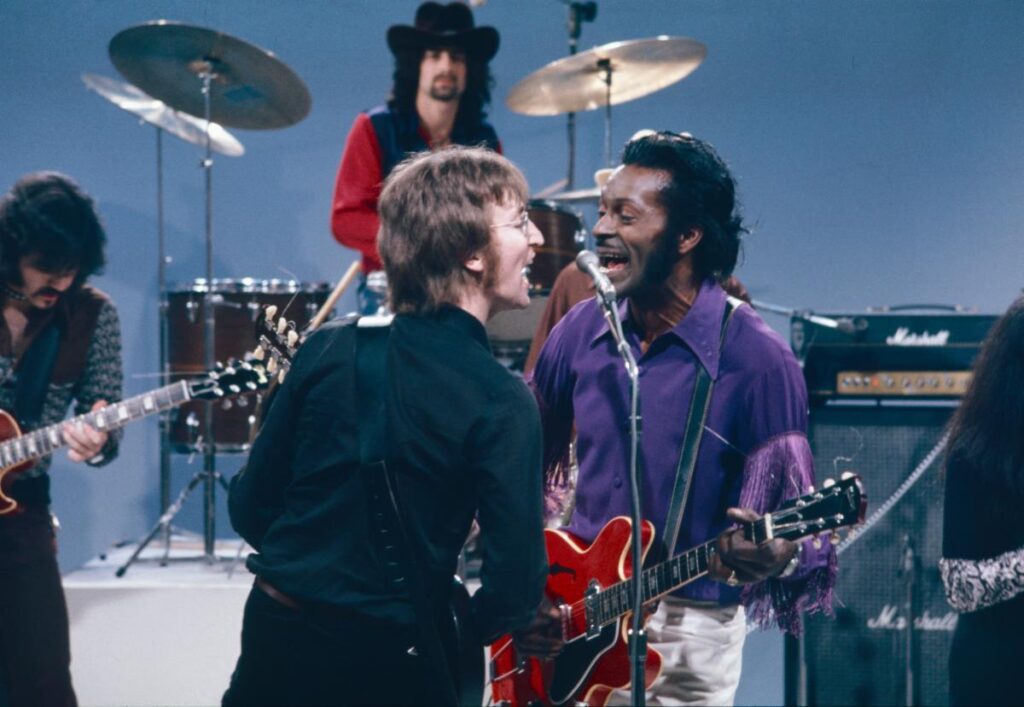

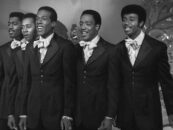
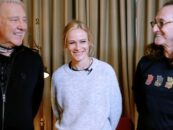
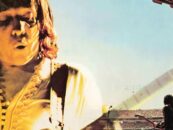

No Comments so far
Jump into a conversationNo Comments Yet!
You can be the one to start a conversation.